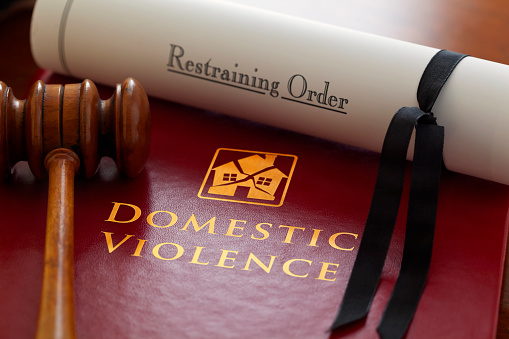
Generally speaking, inheritances are not excluded or otherwise quarantined from the asset pool to be divided between separating parties, and will not automatically be allocated back to the party who received them.
Some of the relevant factors the Court takes into account are as follows:
Timing and length of a relationship
For example, an inheritance received very early in a long relationship might not result in a significantly higher contributions assessment to the party who received it, because the other party might have made other contributions over the years which offset the effect of the inheritance.
An inheritance received late in the relationship or after separation in a short relationship, is more likely to result in a higher contribution assessment to the party who received it.
Amount received
The amount received – and compared with the asset pool to divide – will affect the Court’s ultimate decision.
For example, a smaller amount (say $20,000 inheritance in a pool of $1.5m) is less likely to result in contributions being assessed in favor of the party who received it than a larger amount (say $1m in a pool of $1.5m).
How it was applied
If the money was used for family holidays or otherwise spent and is no longer represented in the asset pool, it will carry less weight when assessing contributions than if it was used to purchase real estate or shares and those assets still exist at the time the Court is making a determination. It may also be relevant if the funds have been kept separate and not otherwise mingled with the parties’ assets.
Financial circumstances of the parties at the time the Court makes a decision
In a pool of $1m, where one party receives a post-separation inheritance of $500,000, it might not be just and equitable for one party to receive half of the net assets ($500,000) and the other to receive the other half plus the whole inheritance ($500,000 plus $500,000). The Court will consider the whole financial situation.
Inheritances received after separation
If one party receives an inheritance after separation but before property settlement has been agreed and formalized, the inheritance will be taken into account in the property settlement as the Court must consider all of the current financial circumstances at the time the determination is being made.
This is one of the reasons why it is recommended that separating parties finalize and formalize their property settlement as soon as possible.
This does not necessarily mean that the other party will receive a portion of the inheritance. The Court might determine that the other party made no contribution to the inheritance, but it will be taken into account and adjustments might be made in favor of the other party who does not receive the inheritance.
Future inheritances
A future inheritance will usually only be taken into account if the death of the testator is imminent.
As the inheritance has not yet been received, the Court could not include it in the asset pool but can take it into account in assessing the respective future needs of the parties.
How can an inheritance be protected against claims by the other party?
Parties to a marriage or de facto relationship can protect future inheritances by entering into a Binding Financial Agreement which sets out how any inheritance would be dealt with in the event of separation.
If parties have separated and there is a possibility that one party will receive an inheritance in the future, it is recommended that they finalize their property settlement as soon as possible, and before the death of the testator.
Specialist Family Law advice regarding family law property is essential. Let your client know about our free initial telephone consultation service by calling Vanessa Mathews on 9804 7991 to book an appointment with one of our specialist solicitors.
We’re operating as usual at Mathews Family Law. If you have any questions or concerns about how COVID-19 may impact your client’s position in relation to their family law matter, call Vanessa Mathews on 9804 7991 or email [email protected].





















